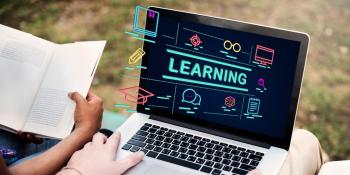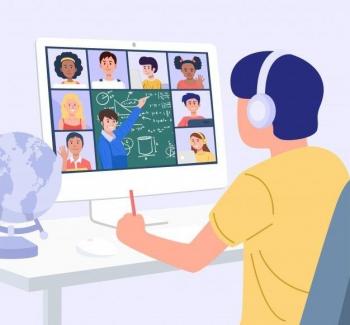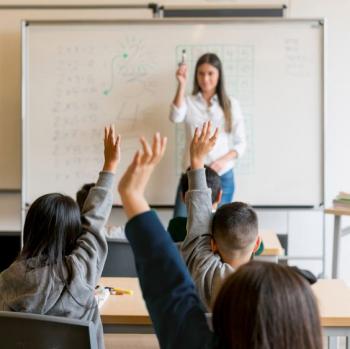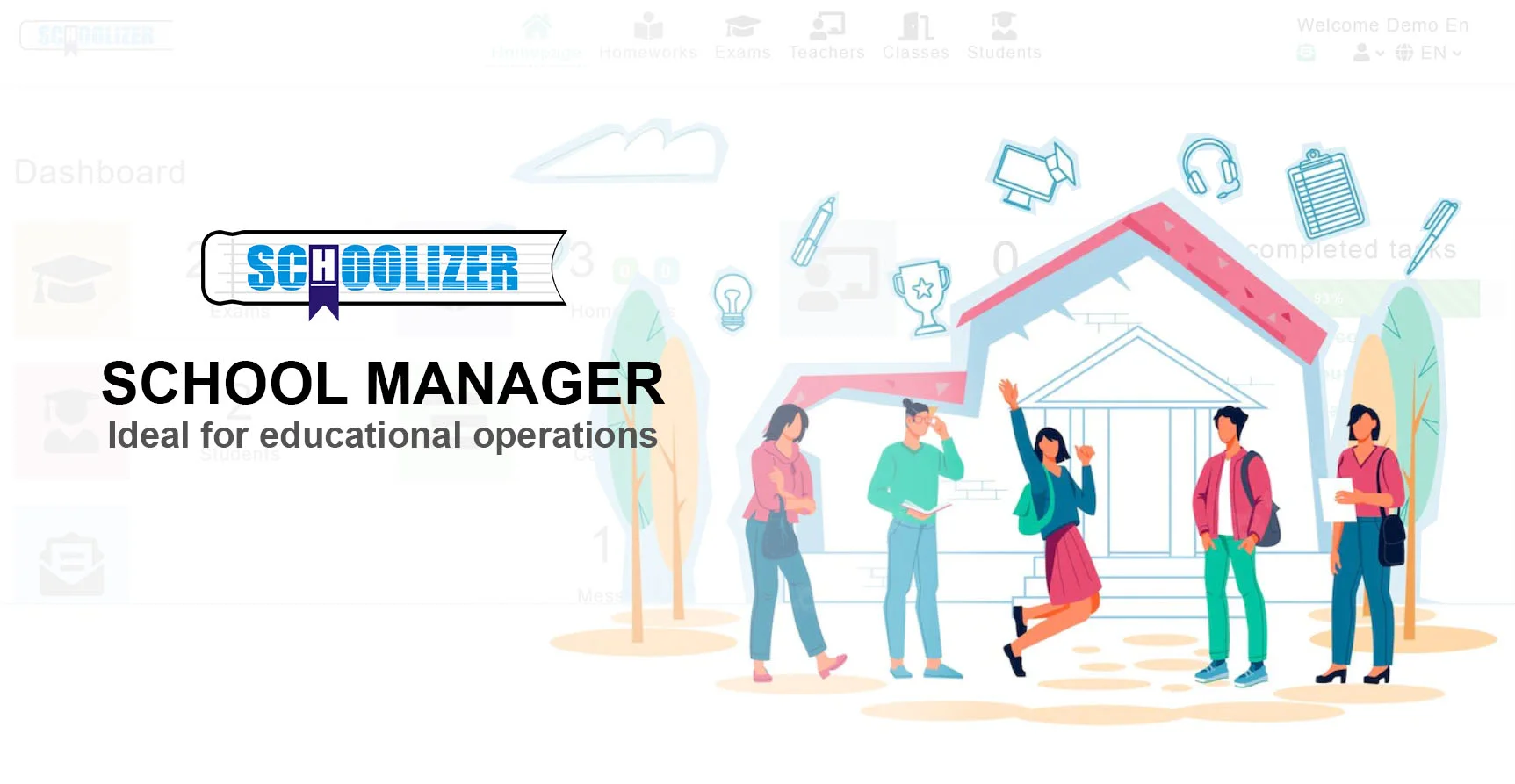10 Inspiring TED Talks That Can Transform Education
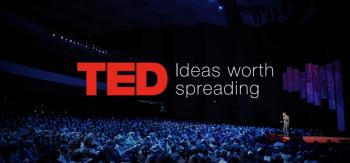
10 Inspiring TED Talks That Can Transform Education
What if education could be more engaging, inclusive, and effective? Why do some students thrive while others struggle? How can teachers, policymakers, and learners reshape education for the better? TED Talks have long been a source of groundbreaking ideas, and when it comes to improving education, several speakers have shared transformative insights. Here, we explore 10 of the best TED Talks on revolutionizing education, offering practical solutions and inspiring visions for the future.
1. The Power of Student-Centered Learning
Traditional education often follows a one-size-fits-all approach, but what if learning were tailored to individual students? In his TED Talk, Sir Ken Robinson argues that schools kill creativity by standardizing education. He emphasizes the need for a system that nurtures diverse talents rather than stifling them.
Practical Application: Schools like High Tech High in California have adopted project-based learning, allowing students to explore subjects through hands-on projects. This method fosters deeper engagement and critical thinking.

2. Rethinking Standardized Testing
Why do we rely so heavily on standardized tests? Educator Sal Khan, founder of Khan Academy, challenges the traditional grading system in his TED Talk. He proposes mastery-based learning, where students progress only after fully understanding a concept.
Real-World Example: Schools using Khan Academy’s platform report improved student performance, as learners can revisit lessons until they achieve mastery.

3. The Importance of Grit and Perseverance
Psychologist Angela Lee Duckworth reveals that success isn’t just about IQ—it’s about grit. Her research shows that perseverance and passion are better predictors of achievement than innate talent.
Practical Tip: Teachers can cultivate grit by encouraging a growth mindset, praising effort over results, and helping students set long-term goals.
4. Embracing Technology in the Classroom
How can technology enhance learning without becoming a distraction? Educator Sugata Mitra demonstrates in his TED Talk how children can teach themselves using the internet. His "Hole in the Wall" experiment showed that kids in remote areas learned complex topics with minimal guidance.
Application: Schools are now integrating self-directed digital learning tools, allowing students to explore subjects at their own pace.

5. The Role of Emotional Intelligence
Why is emotional intelligence (EQ) as crucial as academic skills? Author Daniel Goleman explains that EQ—self-awareness, empathy, and resilience—plays a vital role in student success.
Example: Programs like Social-Emotional Learning (SEL) are being adopted in schools to help students manage emotions and build healthy relationships.

6. Making Learning Fun and Engaging
Can play and curiosity drive learning? Game designer Jane McGonigal argues that gamification can make education more immersive. Her TED Talk highlights how game mechanics can motivate students to tackle real-world problems.
Real-World Use: Platforms like Duolingo use gamification to make language learning addictive and effective.
7. The Need for Inclusive Education
How can we ensure education serves all learners, including those with disabilities? Activist Temple Grandin, who has autism, advocates for neurodiversity in schools. She stresses the importance of recognizing different learning styles.
Application: Schools are increasingly adopting Universal Design for Learning (UDL) to create flexible, inclusive classrooms.
8. Encouraging Lifelong Learning
Why should education stop at graduation? Educator John Green discusses the joy of lifelong learning in his TED Talk. He highlights how curiosity-driven education can lead to a more fulfilling life.
Example: Platforms like Coursera and edX offer courses for adults to continue learning new skills.
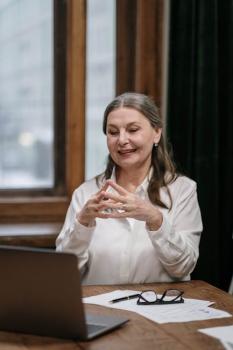
9. Redefining Teacher-Student Relationships
What makes a great teacher? Educator Rita Pierson delivers a powerful message in her TED Talk: "Every kid needs a champion." She emphasizes the importance of building strong, supportive relationships with students.
Practical Tip: Teachers can foster trust by showing genuine care and setting high expectations.

10. The Future of Education
What will schools look like in 50 years? Futurist David Christian explores "Big History," an interdisciplinary approach to learning. His TED Talk suggests that education should connect knowledge across subjects.
Application: Some schools are experimenting with interdisciplinary curricula, blending science, history, and art.

